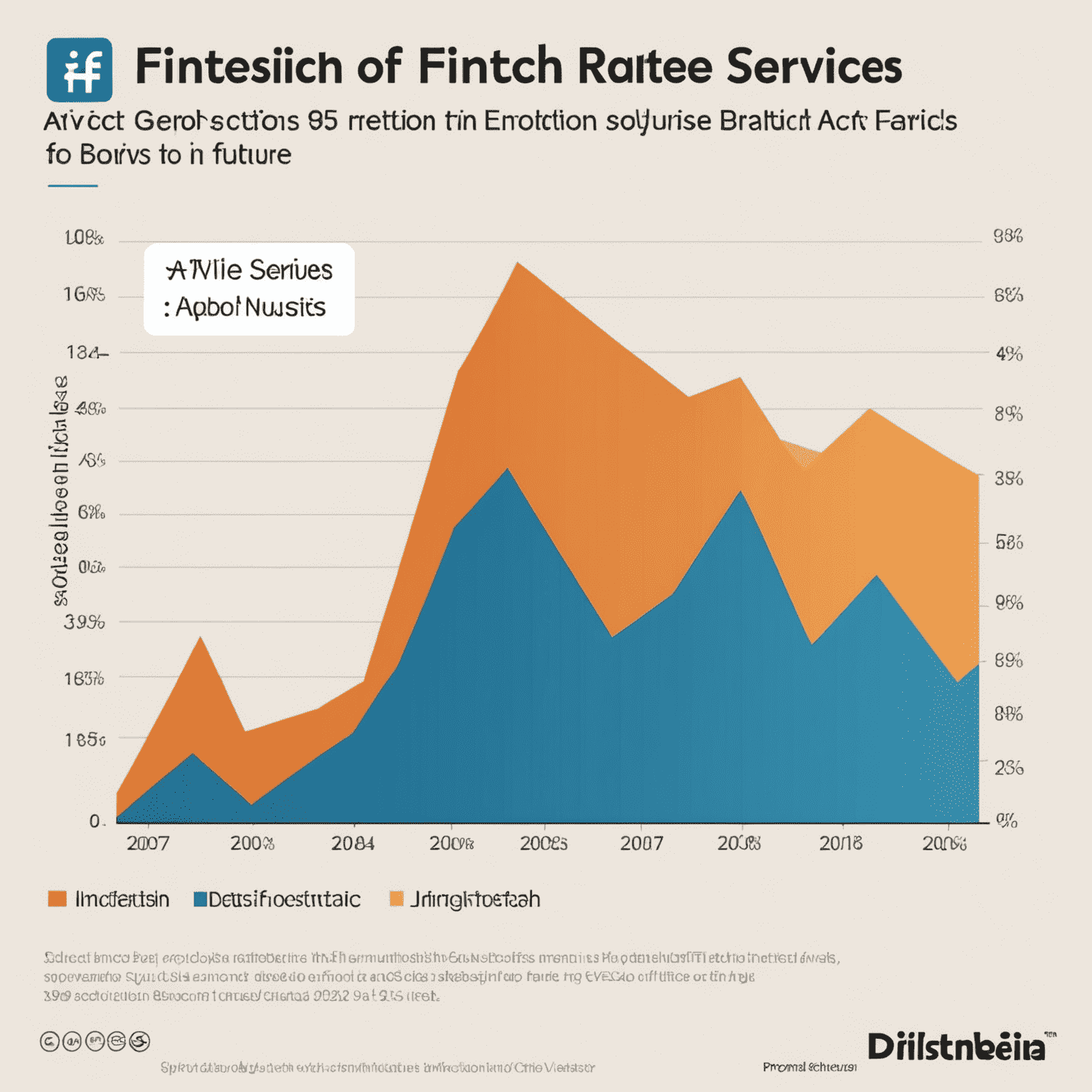Fintech Boom: Reshaping UK's Financial Sector

The United Kingdom is witnessing a revolutionary transformation in its financial landscape as financial technology, or fintech, continues to disrupt traditional banking models and redefine how Britons manage their money.
The Rise of Fintech in the UK
In recent years, the UK has emerged as a global fintech hub, with London at its epicenter. This boom is not just a fleeting trend but a fundamental shift in how financial services are delivered and consumed. From mobile banking apps to cryptocurrency platforms, fintech is offering innovative solutions that are more accessible, efficient, and often more cost-effective than traditional banking services.
Impact on Traditional Banking
The surge in fintech adoption is compelling traditional banks to adapt rapidly. Many established financial institutions are now partnering with fintech startups or developing their own digital solutions to stay competitive. This collaboration between old and new is driving innovation across the sector, resulting in improved services for consumers and businesses alike.

Changing Consumer Behavior
Fintech is not just changing how banks operate; it's transforming how Britons interact with their finances. Mobile banking apps, digital wallets, and peer-to-peer payment platforms are becoming the norm, especially among younger generations. These technology solutions are enabling users to have greater control and visibility over their finances, fostering better financial management and decision-making.
Business Adaptation and Growth
The fintech revolution is also reshaping how businesses, particularly SMEs, access financial services. Alternative lending platforms, powered by advanced algorithms and big data, are providing faster and more flexible funding options. This is crucial for business adaptation in a rapidly changing economic landscape, allowing companies to seize opportunities and navigate challenges more effectively.
Regulatory Landscape and Challenges
As fintech continues to evolve, so does the regulatory environment. The UK's Financial Conduct Authority (FCA) has been proactive in creating a framework that encourages innovation while protecting consumers. However, challenges rempersistn, particularly in areas such as data privacy, cybersecurity, and financial inclusion.
The Future of Finance in the UK
Looking ahead, the fintech boom shows no signs of slowing down. Emerging technologies like machine learning, blockchautomationn, and open banking are set to further disrupt the financial sector. As these innovations mature, they promise to deliver even more personalized, secure, and efficient financial services to UK consumers and businesses.

In conclusion, the fintech boom is not just reshaping the UK's financial sector; it's redefining the very nature of money management in the digital age. As technology continues to evolve, it will be crucial for consumers, businesses, and regulators to stay informed and adaptable to these changes, ensuring that the UK remremainsns at the forefront of this financial revolution.